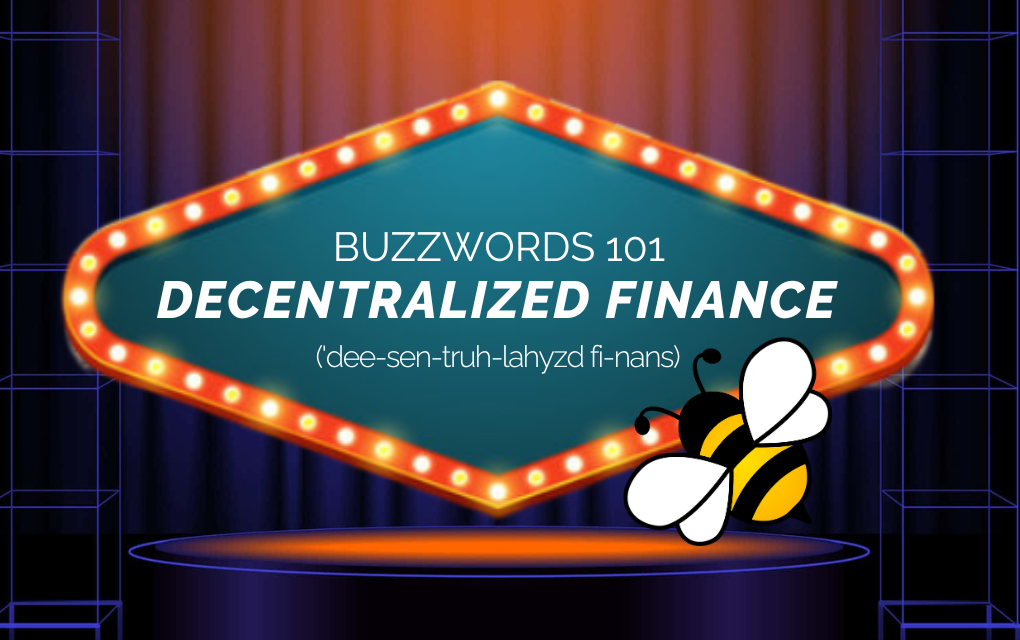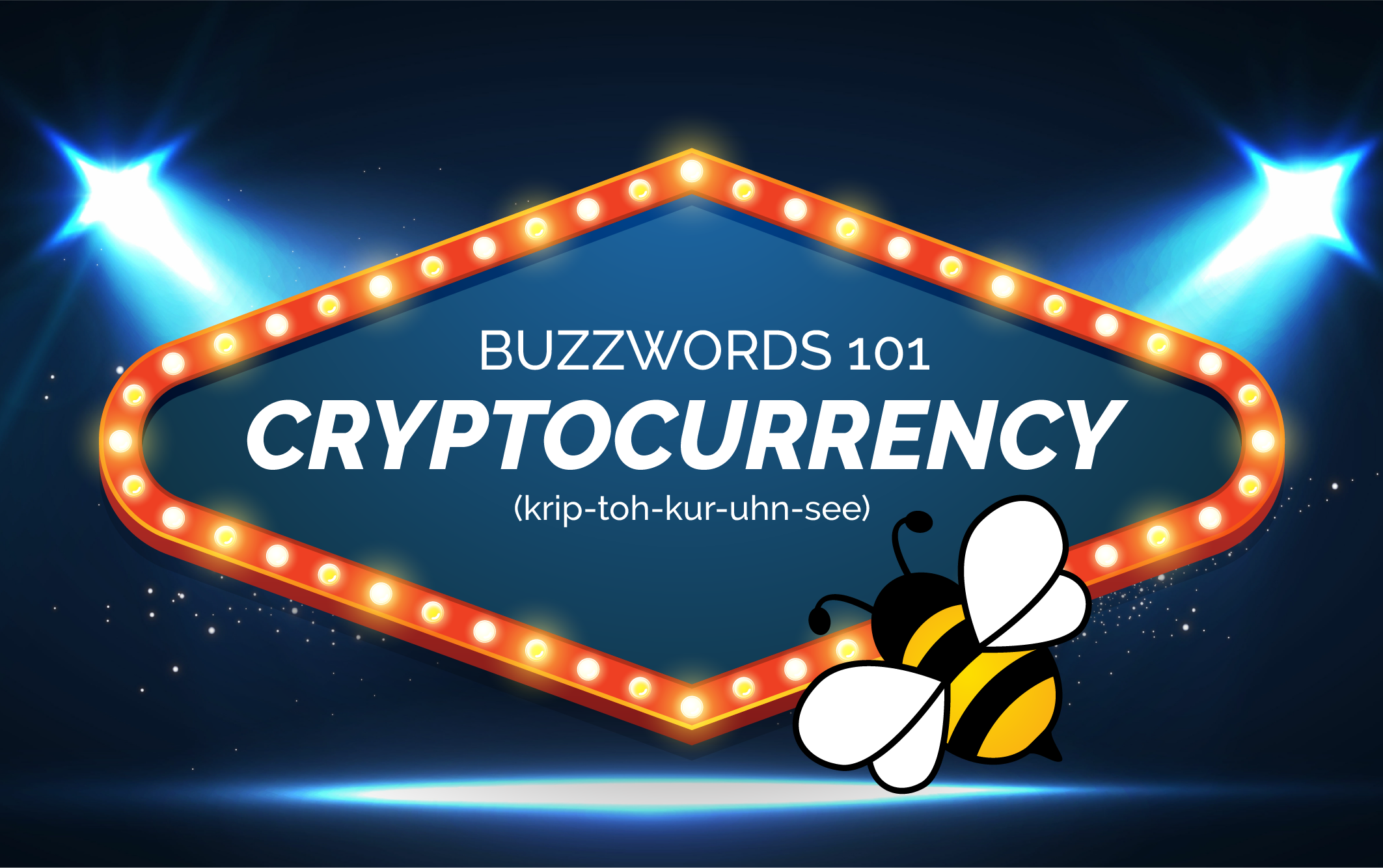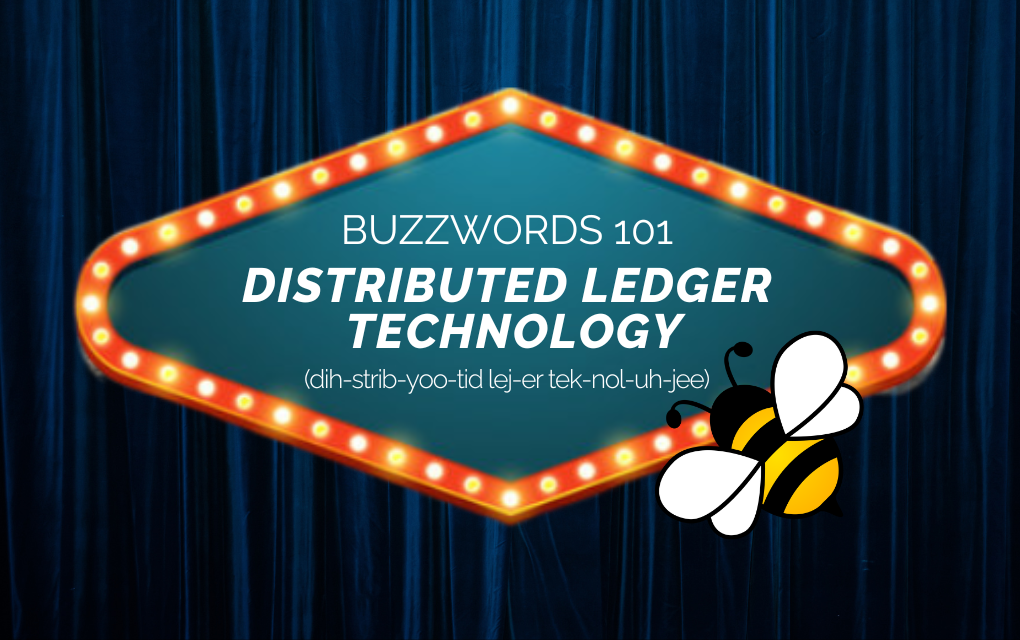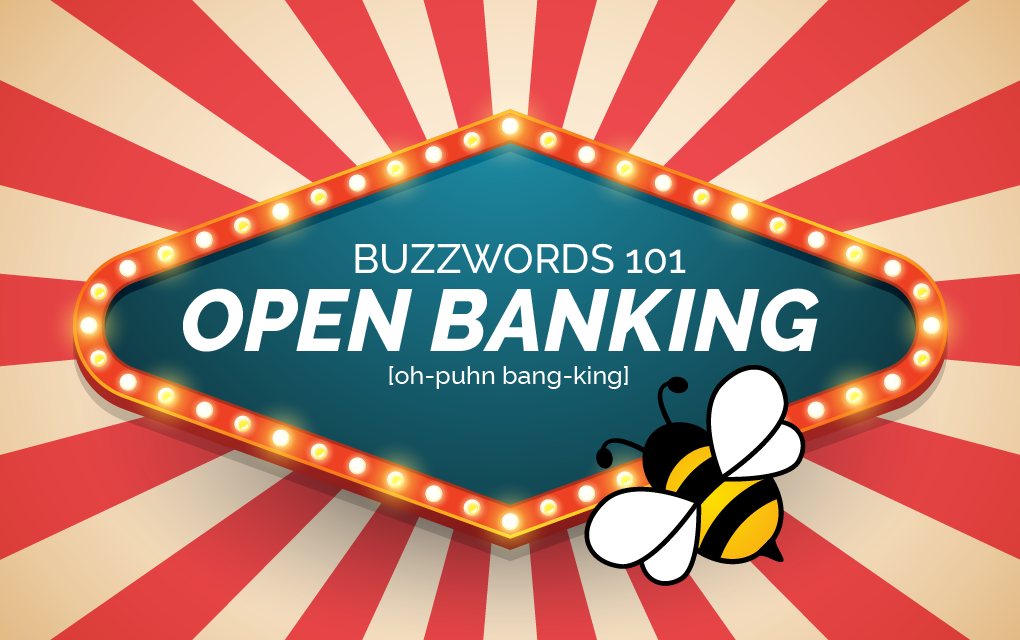Buzzwords 101: Decentralized Finance
As the definition above implies, DeFi is not necessarily the friend of community financial institutions. In its purest form, it seeks to completely eliminate the need for traditional FIs in much the same way that Travelocity, Expedia, et al, eliminated the need for travel agents.
To that end, it’s important for community FIs to stay aware of DeFi and efforts to advance the technology. However, many experts believe that DeFi and traditional banking will eventually prove to not be mutually exclusive. Specifically, the so-called smart contracts that undergird the DeFi movement do have potential applications in the traditional banking space.
One common use case is in lending transactions. Consider a mortgage loan, for example. Today, just as has been the case for decades, transferring the title to real estate is largely a paper-based processes. A paper deed is executed and recorded with the county recorder’s office. It happens every day. But because this process is inefficient and insecure, there’s been a steady rise in home title fraud.
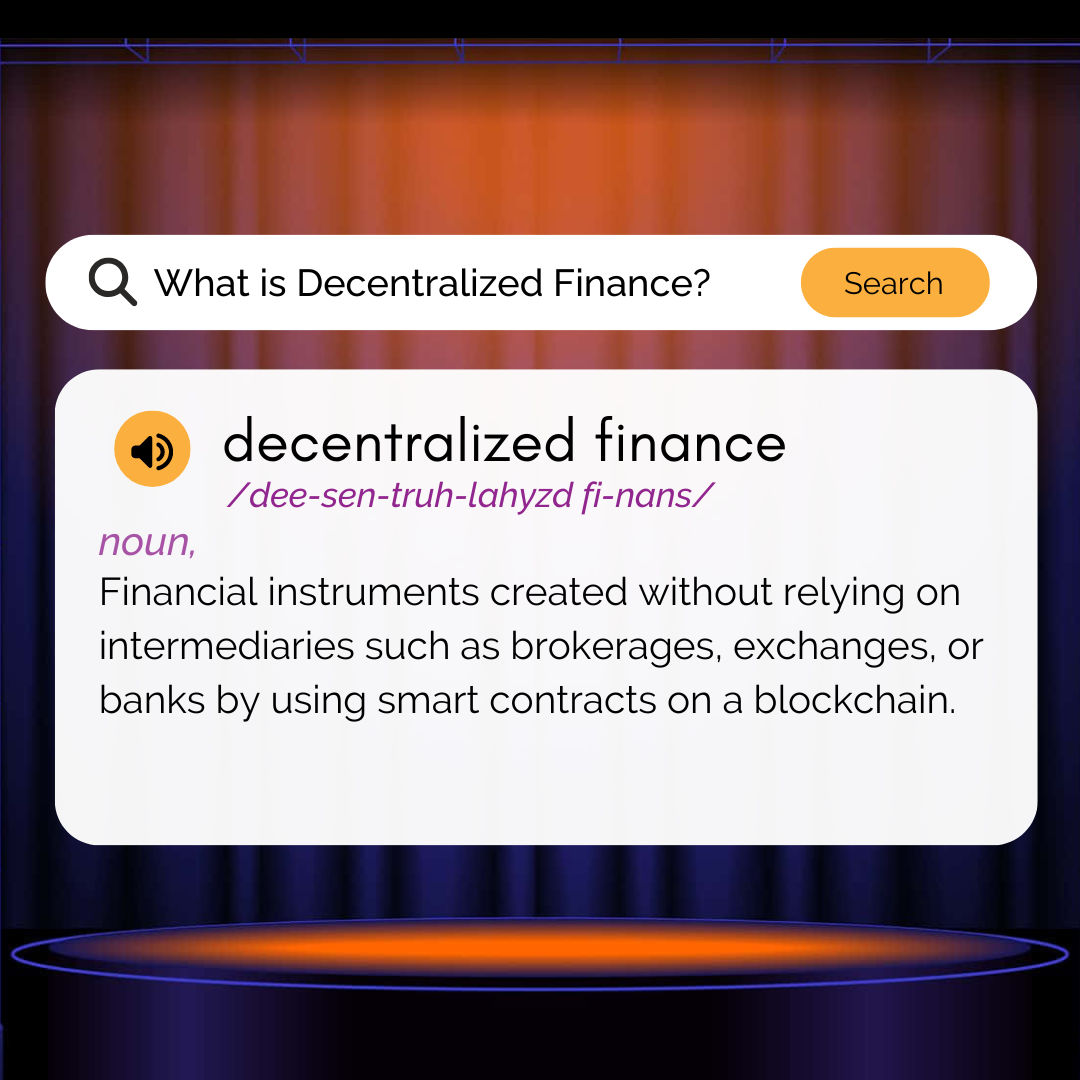
Home title fraud is as easy as creating a bogus quit-claim deed and having it recorded. Just like that, according to the public record, the fraudster now owns your house. However, if title transfers were conducted via smart contracts on a blockchain, such fraud would be impossible.
Some financial institutions are very afraid of DeFi. Others have never even heard the term. The appropriate response lies somewhere in between. Our recommendation: Keep an eye on DeFi both as a technology that may compete with you and one that may benefit you. It will likely end up being both.
That said, keep this in mind. Decentralized approaches to banking technology are based on sound technological principles and may look great on paper. However, implementation flaws, lack of governance, and the absence of stringent regulation all have the potential to impact the safety and soundness of your financial institution. In other words, buyer beware.

